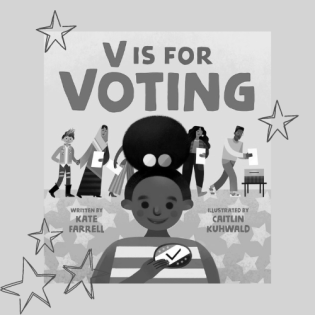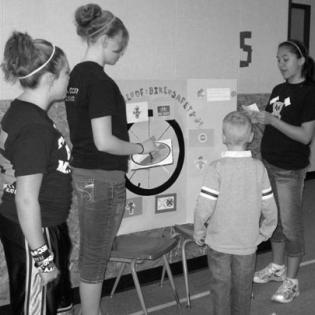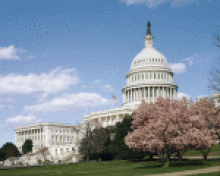by Kate Farrell and Caitlin Kuhwald - A guide for parents, teachers, and group leaders to accompany the reading of this picture book. The guide below provides before, during, and after-reading discussion questions. Choose from activities and discussion questions to spark discussions about the value and importance of voting and being involved in your community.
Filter by subjects:
Filter by grades:
Filter by audience:
Filter by issue area:
Filter by content type:
Filter by resource type:
resource search
In response to reading The Lorax, participants identify what trees give to us and all sectors of society. In response, we identify our personal responsibility for caring for trees.
This lesson examines the connections between the five basic guaranteed rights in the Bill of Rights and their corresponding responsibilities. Participants explore the natual consequences of fulfilling, or not fulfilling, responsibilities connected to their rights.
Learners review healthy eating habits and share their learning to promote a healthier community.
A
abolitionist
(n) Anti-slavery activist
activism
(n) A practice based on direct action to affect changes in government and social conditions
This lesson will teach the basic Biblical laws of Tza’ar Ba’alei Chaim (the Prevention of Cruelty to Animals) the rationale that supports these laws, and practical applications of these laws in today’s world. The learner will participate in a class project aimed to assist community...
Teach traits such as responsibility, fairness, and integrity through 20-minute creative lesson plans that provoke conversation and reflection. These character education mini-units, created by teachers for middle school classrooms, contain critical thinking, group interaction, and application of philanthropic principles while students explore nine different character traits. Great for a year of Advisory!
Written by Anastesia Okaomee
Definition
We learn about organizations that responded to needs and increased social awareness during the Civil War and Reconstruction.
What is the relationship of the philanthropic nonprofit sector to democracy? We explore what schools teach about democratic citizenship, social contracts, and core democratic documents.


